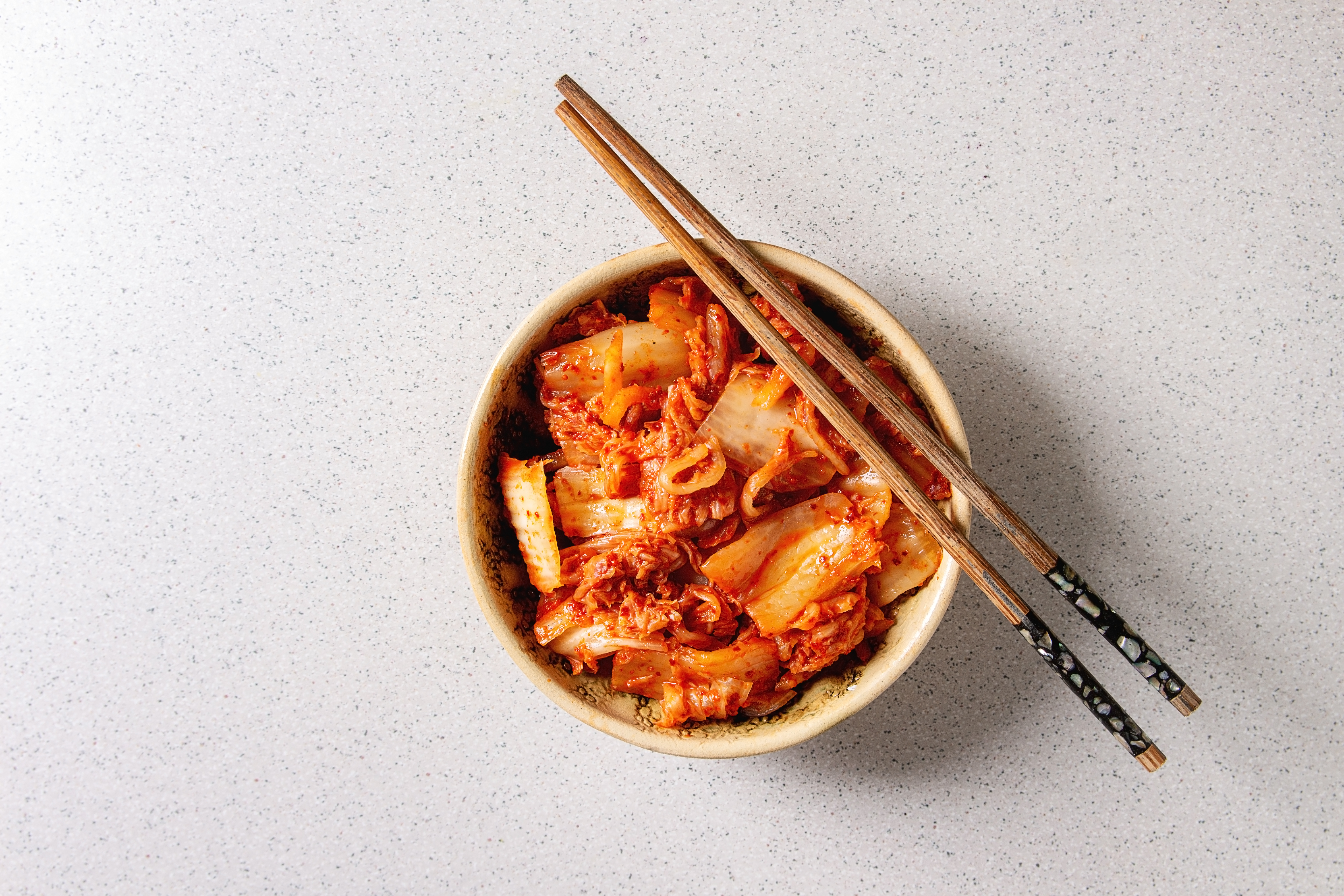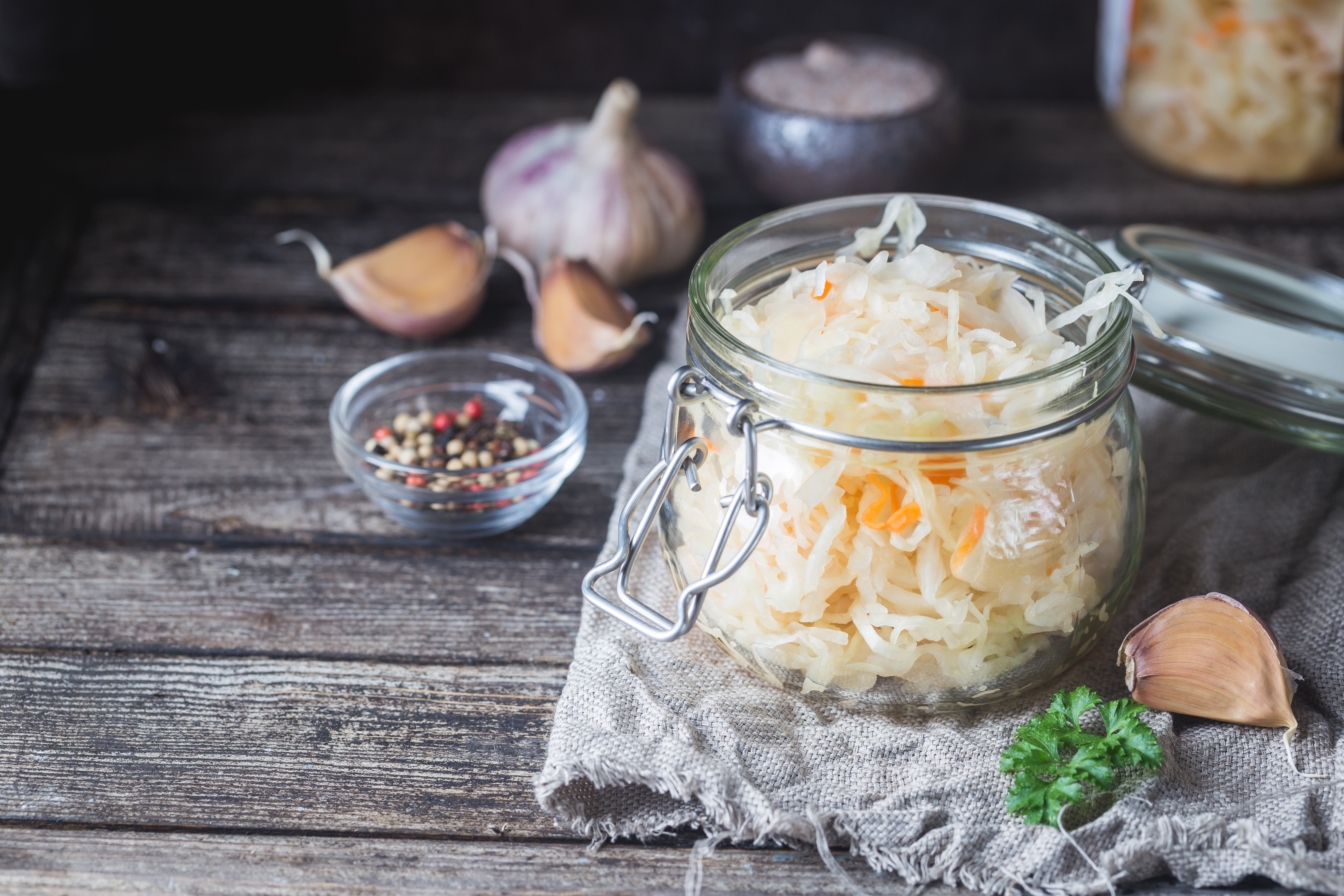Delicious Fermented Foods From Around The World For Natural Gut Healing
From the fiery crunch of Korean kimchi to the creamy tang of Balkan kefir, fermented foods tell a story of survival, adaptation, and nourishment. They are edible time capsules—passed down, preserved, and perfected through generations. In this guide, we’ve expanded our collection of delicious fermented foods from around the world for natural gut healing. It's a celebration of the global pantry—where health and heritage meet in every jar, crock, and bottle. Whether you’re a curious foodie or a gut health devotee, these living foods are worth discovering.
1. Kimchi: Korea's Spicy Probiotic Powerhouse

Kimchi, a staple in Korean cuisine, is a fermented vegetable dish known for its spicy and tangy flavor. Typically made from napa cabbage and Korean radishes, it is seasoned with chili pepper, garlic, ginger, and salted seafood, which contributes to its unique taste. The fermentation process, which can last from a few days to several weeks, allows beneficial lactic acid bacteria to thrive, making kimchi a potent source of probiotics. These probiotics are instrumental in promoting gut health by enhancing digestion and boosting the immune system. Furthermore, kimchi is rich in vitamins A, B, and C, and contains antioxidants that help fight inflammation. Consuming kimchi regularly has been linked to improved gut flora balance, reduced cholesterol levels, and better metabolic health, making it a delicious and nutritious addition to any diet.
2. Sauerkraut: Germany's Tangy Gut Protector

Sauerkraut, literally meaning "sour cabbage" in German, is a fermented cabbage dish that has been a dietary staple in Central and Eastern Europe for centuries. The fermentation process involves finely shredding cabbage and layering it with salt, which draws out the natural juices and creates an environment conducive to the growth of beneficial bacteria. This process not only preserves the cabbage but also enhances its nutritional profile, making it rich in probiotics, vitamins C and K, and fiber. Sauerkraut's probiotics have been shown to improve digestion, strengthen the immune system, and even reduce symptoms of anxiety and depression by positively influencing gut-brain communication. Incorporating sauerkraut into meals can be as simple as adding it to sandwiches, salads, or as a side dish, offering a tangy flavor and a boost to gut health.
